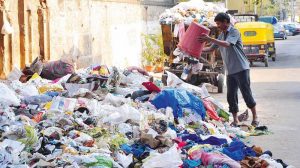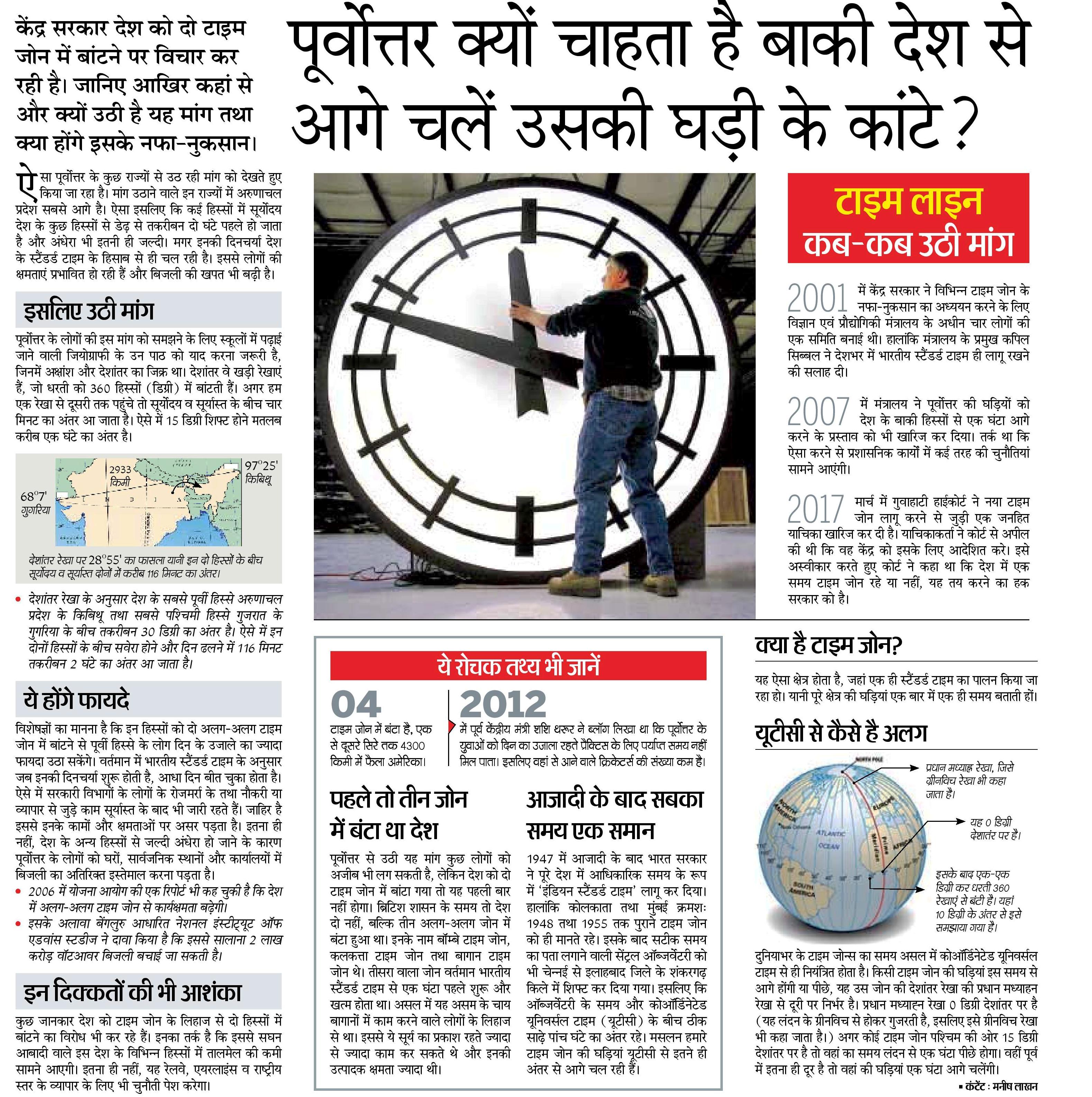
26-06-2017 (Important News Clippings)
To Download Click Here.
Clean the cities
From Delhi to Kochi, the garbage problem has risen to dangerous levels
TOI Editorials

Most of the investments have to be raised by local and state governments from their own funds and borrowings. This will be difficult given the perilous condition of state finances and the poor resource mobilsation and governance capacity of urban local bodies. Yet, even as the process of smartening our cities moves at snail’s pace the urgency for it is evident all around, not least in the garbage heaps that are rising at breakneck pace.
Looking at the accumulation of solid waste in various parts of the capital for example, the Delhi high court has observed that there seems to be more garbage than land for people in the capital. Importantly, the court has also noted that the problem is not so much the lack of funds as the absence of will among the corporations to do their work. In Kerala many urban centres are facing a sanitation crisis, with putrefying waste in public places being linked to diseases as in Delhi. Over in Bengaluru the waste management crisis regularly manifests itself these days in the foaming, burning Bellandur lake. The underperformance of city corporations is inexcusable. Whenever the smart cities rise there must not be any more delay in delivering clean cities.
Farm loan waivers disrupt the fiscal discipline
ET Editorials

This competitive spirit is likely to spread to other states as well, aided by the moves afoot to restructure non-performing corporate debt, which many compare with farm loan waivers. India could witness farm loan waivers well in excess of Rs1 lakh crore. That would add to the states’ fiscal deficit and raise the combined public sector borrowing, setting off alarm about the country’s fiscal discipline.The Centre has stuck to the path of fiscal rectitude hitherto. The states have not, and they account for nearly 60% of the combined expenditure of the Centre and the states. Their borrowings have been rising at a rate close to 30% since 2013, according to a study by HSBC. Their fiscal deficit for 2016-17 was 2.8% of GDP. This is likely to go up further this year, apart from farm loan waivers. Stamp duty is stagnant and oil prices do not offer much scope for buoyancy.
The Uday bonds, reflecting the wages of past sin in the power sector, have to be serviced. The first quarter growth has been impacted by demonetisation and the impact of GST on production and revenue for the states’ own revenue is unpredictable, although the Centre is duty-bound to compensate the states for any loss. A combined farm loan waiver of Rs1.25 lakh crore would raise about 0.75% of the likely 2017-18 GDP to the states’ fiscal deficit.
The higher borrowings to finance loan waivers would shrink room to fund public investment, affecting growth. Winning elections is important for politicians. At any cost is their motto. Only an informed public discourse that sees through the trade-offs politicians make can act as a restraint.



